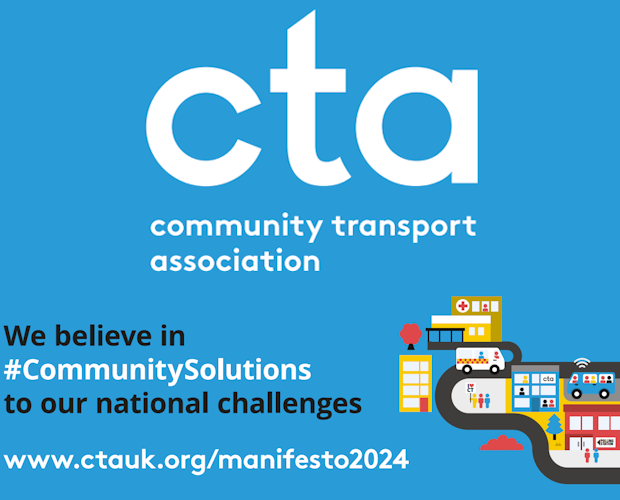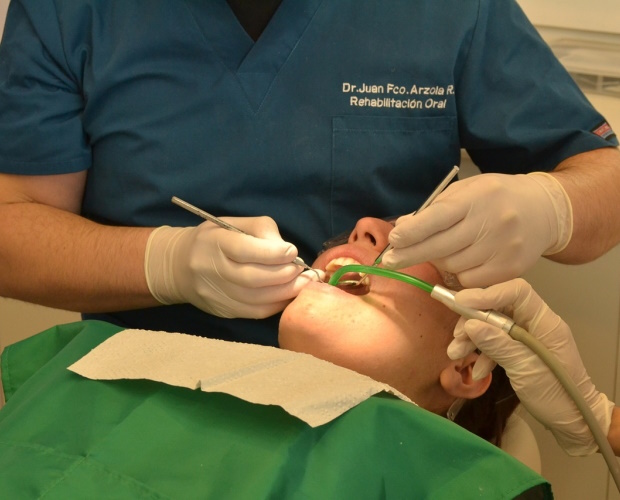T: 01822 851370 E: admin@sparse.gov.uk
Access to health facilities
 The Rural Services Network wants to see rural communities provided with access to high quality health care services, delivered locally wherever that is possible and effective. This should reflect the ageing demographic of rural populations.
The Rural Services Network wants to see rural communities provided with access to high quality health care services, delivered locally wherever that is possible and effective. This should reflect the ageing demographic of rural populations.
To view the RSN calls to Government click here
In rural areas across England, the accessibility and availability of transport services are more than just conveniences—they are lifelines. The Community Transport Association (CTA) has unveiled a robust manifesto, " A Better Future for Transport: National Challenges, Community...
UK Research and Innovation (UKRI) has taken a step forward in addressing health inequalities with a series of innovative projects under its Mobilising Community Assets to Tackle Health Inequalities Programme. This initiative is particularly noteworthy for its focus on enhancing...
Residents of Lynton and Lynmouth in North Devon are amidst a social media surge to safeguard their local healthcare with an urgent search for a new general practitioner (GP) to maintain local access to healthcare services. The current healthcare provider...
The NHS recently unveiled its Dental Recovery Plan , a comprehensive strategy aimed at addressing the longstanding issues plaguing the NHS dental service. This initiative, backed by a £200 million investment, promises to revolutionise access to dental care across England,...
In a move that could disproportionately affect rural communities across the UK, the proposed 20% VAT hike on private hire and minicab journeys – colloquially termed the 'Taxi Tax' – is raising alarms about the accessibility of essential services, particularly...
The Health Service Journal recently reported on NHS England figures. HSJ findings suggest “people in some more rural areas are missing out on specialist treatments they should be getting, while Londoners are receiving a lot more than their fair share”....
Two Universities are joining up to tackle the growing problem of a recruitment crisis in pharmacies in the South West. The BBC reports on how “the University of Bath is working with the University of Plymouth to deliver its...
New research carried out by the Liberal Democrats shows the four-week waiting time to see a GP is three times higher in some rural areas than urban ones. The figures were published as the party adopts a pre-manifesto at...
As the Government reviews the responses to its Major Conditions Consultation, RSN has joined members of the Rural Coalition on calling for a tailored approach to rural areas’ specific needs. At the beginning of the year, the Government asked...
An article published by Dispensing Doctors' Association show that p eople in rural areas require more than double the time to get to a GP than in urban areas, the latest Statistical Digest of Rural England indicates For those...
NEWSLETTER
Sign up to receive all our latest news and updates.
HOT TOPICS
Amid reduced public spending, fair resource allocation across regions is crucial. Despite a population larger than Greater London, rural areas receive significantly less funding for essential services, even though delivering these services in rural areas is more expensive.
Economic growth is widely acknowledged as essential for national wealth and prosperity and is a priority for political parties. Rural economies, employing millions and home to a higher proportion of small businesses, have potential for growth if barriers are removed.
Rural residents face distinct healthcare challenges, including limited access to transport, longer distances to medical facilities, an aging demographic, housing inadequacies, digital connectivity gaps, and difficulties recruiting health and care workers.
Rural communities are grappling with a severe affordable housing crisis, marked by high house prices, a lack of affordable housing, elevated living costs, and lower incomes, threatening their sustainability and vitality.
Transport is vital for the quality of life and economic health of rural areas, yet it faces challenges such as infrequent public bus services and less Government funding compared to urban regions.
Rural areas, encompassing a substantial portion of England's population and land, play a pivotal role in combating climate change and achieving the net zero target.
In an increasingly digital world, the lack of robust digital infrastructure in rural areas severely limits access to crucial services and stifles economic growth.
A future-focused vision for rural communities involves not just building the right homes in the right places but also ensuring thriving, sustainable communities.
SIGN UP TO OUR NEWSLETTER
Sign up to our newsletter to receive all the latest news and updates.











